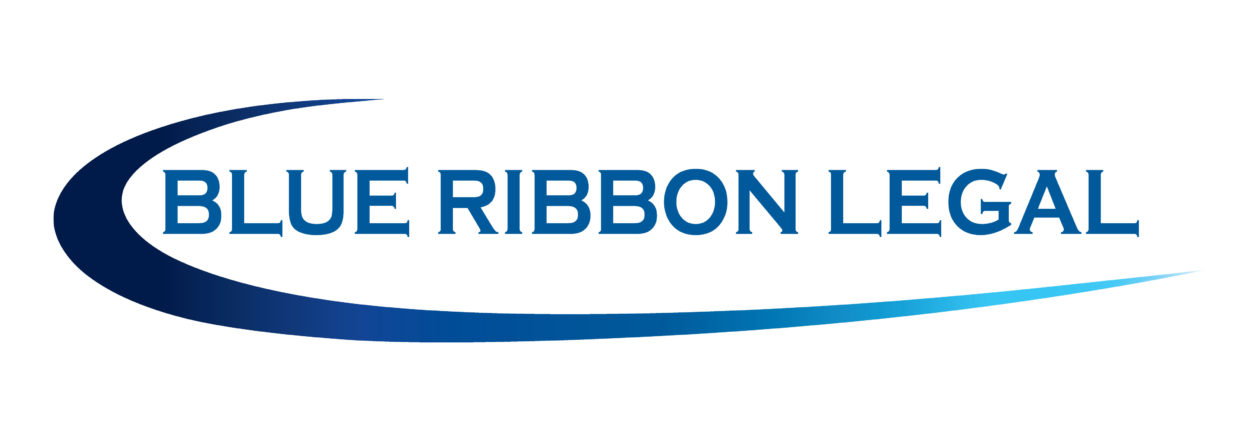
In a judgment delivered 24 February 2017, Justice Sackar considered the defendants’ application for indemnity costs – King v Adams & Ors. The primary issues raised were: did the defendants’ offers involve a real and genuine compromise; and was it unreasonable for the plaintiff to reject them. Secondary issues arose concerning the scope of the evidence relevant to his Honour’s determination.
The defendants relied on two offers made after commencement of proceedings – for $50,000 and $300,000 inclusive of costs respectively – and also sought to rely on three ‘without prejudice’ offers made by the plaintiff. The plaintiff argued that details of the plaintiff’s offers were subject to privilege, and only the offers made by the defendants were relevant to the court’s determination.
His Honour held that details of the plaintiff’s offers were not subject to privilege because they were relevant to determining liability for costs, and put into context whether the plaintiff’s rejection of the offers was reasonable, noting the court’s broad and unfettered discretion regarding costs . His Honour further held that relevant considerations were far broader than merely the offers made by the defendants, stating that the court “must have regard to all the relevant circumstances of the case in deciding whether to make an order for payment of costs on an indemnity basis”. Up to this point, the defendants had successfully argued both secondary issues.
However, his Honour accepted that the offers made by the defendants effectively required the plaintiff to capitulate – characterising the initial offer as derisory – bearing in mind the stage of proceedings at which the offers were made and the costs incurred to that point, and held that it was not unreasonable for the plaintiff to reject the offers. On the primary issue the defendants were unsuccessful, with his Honour ordering costs payable by the plaintiff on the ordinary basis only.
Interestingly, his Honour also found that conduct during the proceedings whereby disparaging comments were made in the media regarding the defendants should not “count against the plaintiff” in exercising his discretion on costs, although he did comment that one or more of the defendants may have defamation actions available to them. For what it’s worth, his Honour was satisfied that the plaintiff’s lawyers had a hand in drafting many of the media statements, as well as a number of journalists.
In addition, his Honour found that the legal costs incurred by the plaintiff (which was a factor in finding that his rejection of the defendants’ offers was not unreasonable) could not be “put at the feet of the plaintiff” as he had no doubt accepted the charges incurred in good faith. His Honour concluded that the fact the plaintiff had incurred substantial legal costs of itself should not be taken into account on the question of indemnity costs.
Consider: